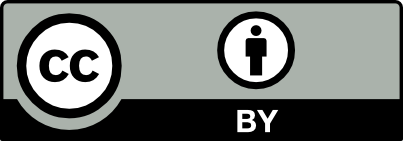Abstract
Optimization theory has advanced considerably during the last three decades, as illustrated by a vast number of published books, surveys, and papers concerning this subject. However, for optimization of complex systems that may not be modeled exactly by Ludwig von Bertalanffy's general system theory, we may need a new philosophy based on rather non-conventional logics. It is represented bellow.
Keywords:
complex systems, multi-objective optimization, fuzzy logic, modal logic, multi-valued logicReferences
[2] A. E. Bellman, L. A. Zadeh. Decision-making in a fuzzy environment. Man. Sc., 141- 164, 1970.
[3] Chr. Boller. State of the art. And trends in using smart materials and systems in transportation vehicles. Proc. Instn. Mech. Engrs., 212, 1, 149- 158, 1997.
[4] G. Boolos. The logic of provability. Cambridge Uni. Press., 1993.
[5] T. Chi. A theory of geotechnical uncertainty. Tech. University of Gdańsk, Poland 2000.



